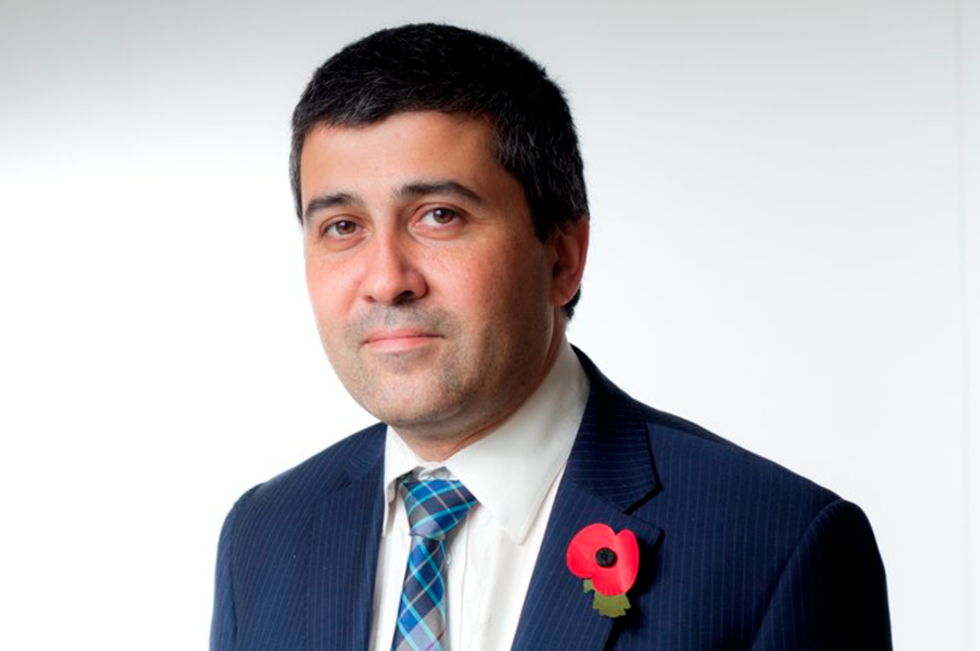London’s Overground train lines have never before had the attention of the iconic underground. The tube map was a popular hit straightaway in the 1930s, a design classic copied the world over. The Overground lines have kept a low profile on the map’s periphery, with its 114 stations hiding behind the anonymity of the simple ‘Overground’ orange label.
Last week saw their coming-out party, with new identities and colours for the six Overground lines. The reviews were mixed. Appreciation of the historic and contemporary contributions recognised in the Windrush, Suffragette and Lioness lines was mixed with various critiques of particular choices. The Weaver line’s attempt to thread together the textile heritage of East London’s working-class Londoners, including of Huguenot, Jewish, Irish and Asian origins, tried to mitigate the difficulty of referencing every contribution to London in half a dozen names. That Londoners may not know the pioneering role of the Mildmay hospital in the 1980s AIDS crisis is an educational opportunity.
The functional case for Overground line names, to communicate about directions and delays, answers the argument about cost. It had been a pledge of Sadiq Khan’s 2021 Mayoral campaign, albeit one that most Londoners may have missed. Khan’s Conservative Mayoral rival Susan Hall declared it all “virtue signalling nonsense”. The alternative suggestion of auctioning-off naming rights to commercial sponsors has several obvious drawbacks.
A capital city of nine million argumentative souls means no choice will ever generate unanimous acclaim. We have a Jubilee Line, not a Fleet Line, because of a Conservative manifesto pledge in the 1977 GLC elections to rename it. Sadiq Khan inherited Boris Johnson’s ‘Elizabeth Line’ proposal of 2016 and stuck with it for the unveiling in 2022. One useful test is that elected politicians should not make choices their opponents would immediately reverse. The Margaret Thatcher or Ken Livingstone lines may not secure sufficient consensus. Are Sadiq Khan’s choices too progressive to meet this test? I rather doubt it. London’s Conservatives in the 2020s would make a deep strategic error to declare that they see honouring the Lionesses, how women got the vote, or the Windrush, as the property of the progressive left. But maybe Mayor Khan missed a trick by not proposing a Shakespeare Line as one of his half dozen choices too – though the Liberty line to Havering was perhaps intended as a bridging gesture.
The charges of partisan ‘wokeness’ seem selective and thin to me. The centenary of women’s suffrage in 2018 was a decisively cross-party affair at Westminster. It was Theresa May’s Conservative government that announced, in an effort to apologise for the Windrush scandal, a ‘National Windrush Day’ from 2019 onwards, giving government recognition to civic society’s marking of Windrush Day on 22 June across the previous three decades. It was Boris Johnson’s 2019 Conservative election manifesto that pledged a prominent National Windrush Memorial. Few declared that to be a partisan political gesture from the right. It was later unveiled by a broad cast, from Prince William and Bishop Rose Hudson-Wilkin to Floella Benjamin and Michael Gove, at Waterloo Station in 2022.
Wendy Williams’ Windrush Lessons Learned Review stated that government officials not knowing the history of citizenship and immigration was a key cause of victims being denied their rights. Symbolic recognition of the Windrush is clearly insufficient without sorting out the compensation scheme and Home Office culture. But the Windrush line now offers one more platform to ensure that the story of three generations of contribution is not seen solely through the narrow lens of Home Office failure.

The British public is demonstrably less polarised about culture and identity than that of America or France. Indeed, three-quarters support greater recognition of the Windrush in schools. Our media elites often overlook this common ground when they mistake a Twitterstorm for a real public divide. Both progressives and conservatives should legitimately be able to contest democratic debates about identity, proposing or challenging arguments about change. Yet both left and right throw the label ‘culture warrior’ at each other much too loosely, like confetti. A serious culture war dynamic risks spiralling dangerously out of control if, by knowing your views on one issue such as abortion, I can guess what you think about everything else – such as climate change, Covid vaccines or Donald Trump.
What Britain retains – and which modern America now lacks – is half a dozen key institutions that do reach significantly across partisan divides. They include the monarchy, remembrance, the NHS and our national sporting teams – as well as the broad reach of the BBC on big occasions. These shared institutions, moments and experiences can help us to find more opportunities to show how the story of modern British identities could blend the traditional and the modern together, rather than making us choose between them.
(The author is the director of British Future)













